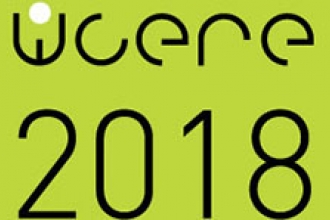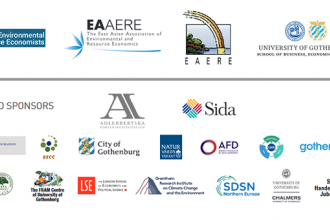A Contingent Valuation Approach to Estimating Regulatory Costs: Mexico's Day Without Driving Program
Little is known about the cost of environmental regulations that target households instead of firms, partly because of significant methodological and data challenges. We use the contingent valuation method to measure the costs of Mexico City’s Day without Driving program, which seeks to stem pollution and traffic congestion by prohibiting vehicles from being driven one day each week. To our knowledge, ours is the first study to focus directly on using stated preference methods to isolate and estimate the private costs of an existing environmental regulation.


